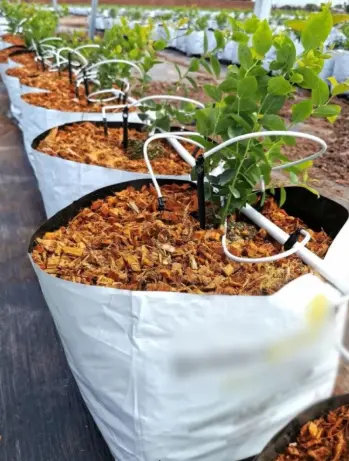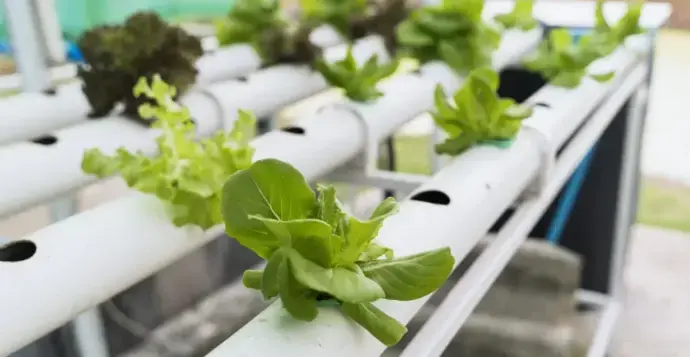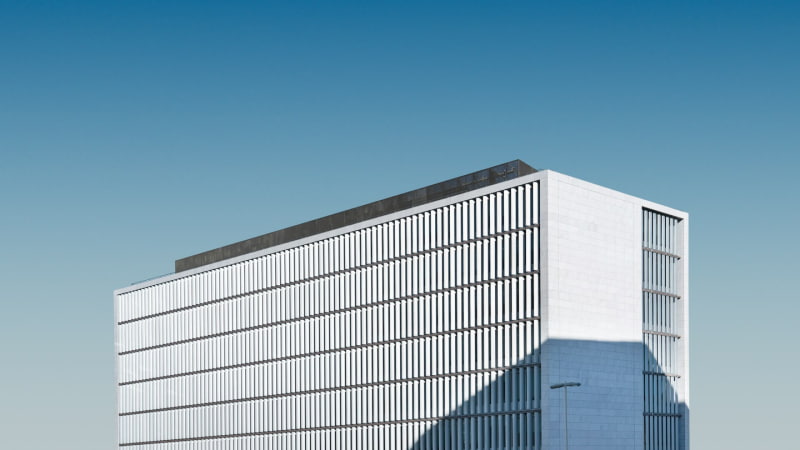What is rockwool?
Rockwool is an artificial mineral fiber. Most of the rockwool used worldwide is for insulation, similar to fiberglass. However, its properties can be significantly adjusted by changing the mineral content.
The water retention capacity and drainage characteristics of substrates vary. High quality rockwool, when drained by gravity, will contain about 80% solution, 15% air porosity, and 5% rockwool fibers. This ratio of solution and air promotes vigorous root growth. Plants grown in rockwool tend to reduce the amount of solution and increase the proportion of air-filled pores. Therefore, if you want more air in the root zone, increasing the interval between irrigations will increase the percentage of air.
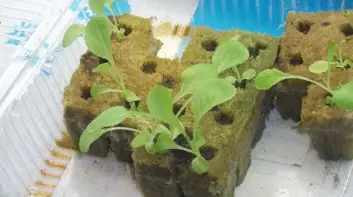
What is agricultural sponge?
Low density sponge is an ideal medium for simple germination and easy handling, and it is an essential substrate when making cuttings.
Agricultural sponge has lower moisture retention, containing about 65% solution, 33% air porosity, and 2% foam structure. These sponges are perfect for easy handling and for transplanting seedlings from soil or cuttings from many different types of plants.
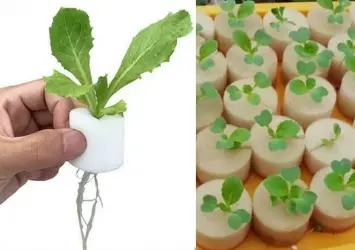
What is LECA?
LECA consists of small clay pellets that can be of mineral or artificial origin, and they are used in irrigation systems and also to fill net pots or perforated containers.
It is very common to find them in DWC or RDWC systems such as the Grow Pot, where the goal is to fill the N10 net pot space with a substrate that does not dirty the water.
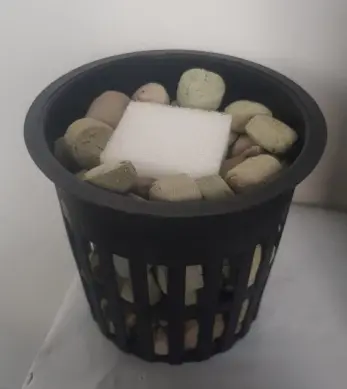
What is coco fiber?
Coco fiber is a byproduct obtained from processing the coconut husk, and it is a substrate commonly used in drip irrigation systems because of its high water absorption capacity.
It retains water and nutrient solution extremely well, so it is advisable to keep irrigation to a minimum. In addition, coco fiber allows you to reduce the size of the grow pot by up to three times compared to soil, making it an excellent substrate for growing many plants in a limited space.
